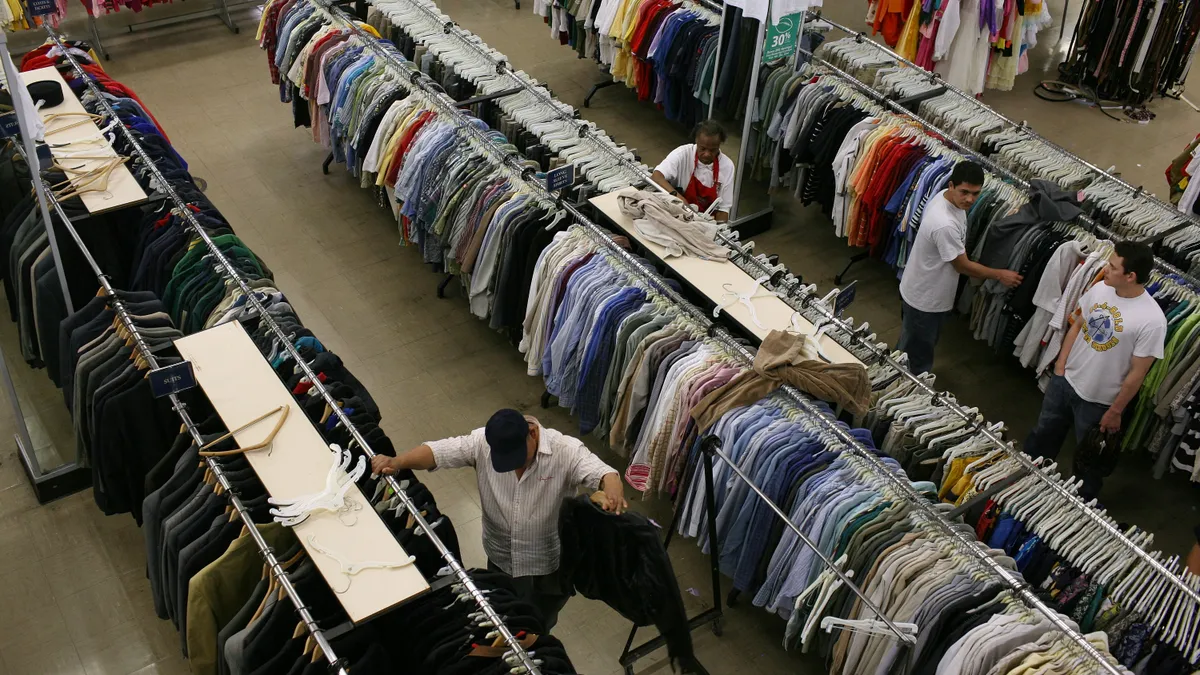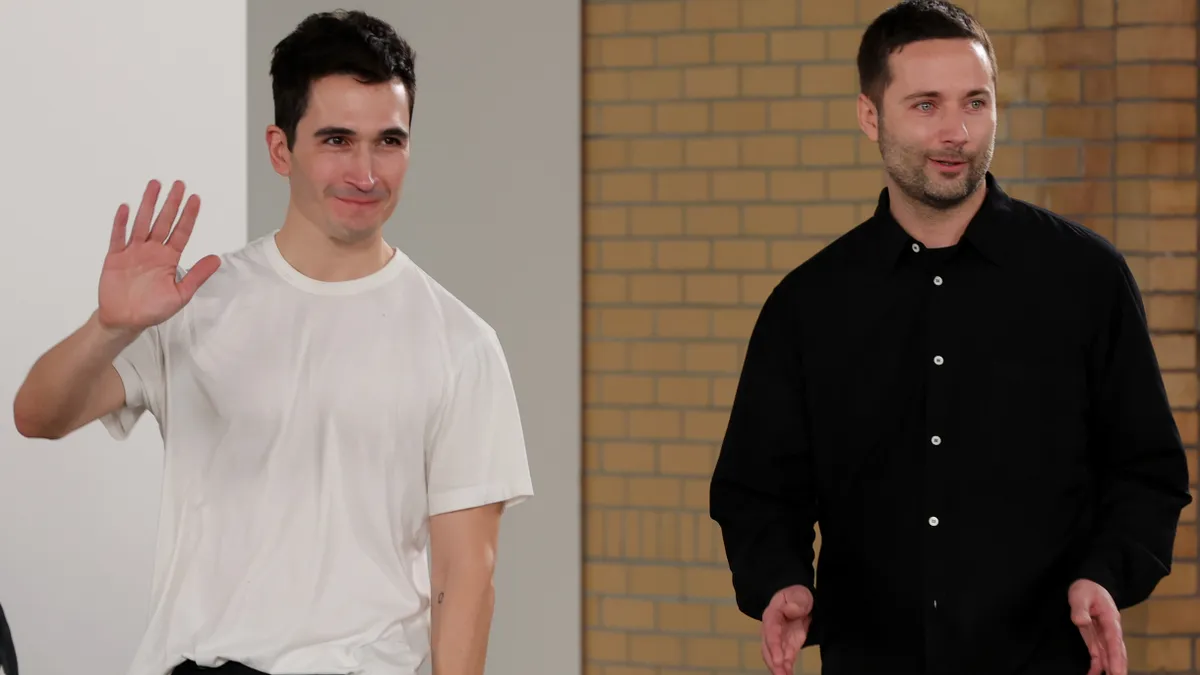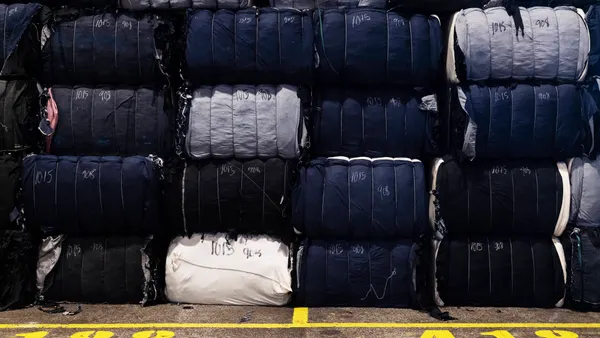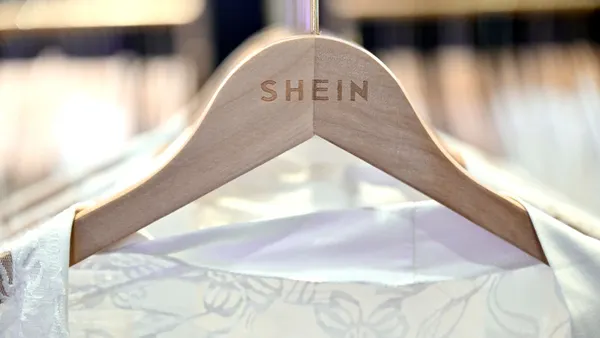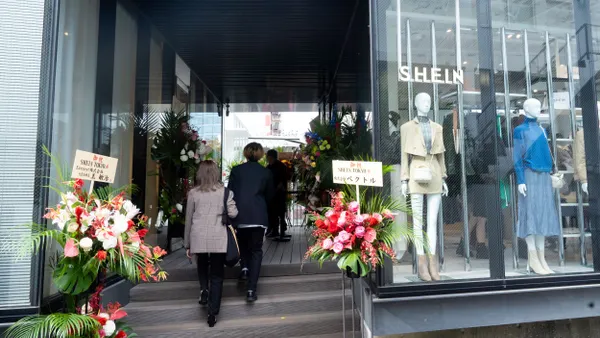A new petition with support from resale platforms ThredUp, Vestiaire Collective and others is seeking to end taxation on secondhand apparel in an effort to promote a more circular economy.
American Circular Textiles, a coalition led by circularity and sustainability consulting firm Circular Services Group, launched the petition with its member companies in an effort to eliminate what it called “double taxation” on second hand goods, repairs and alterations, according to a press release Friday.
The campaign says that secondhand apparel items are taxed twice: once when first sold and again when resold. It argues that the increased cost from taxation makes resold items less appealing to consumers.
“This policy not only discourages sustainable shopping practices but also hinders the growth of the secondhand market, repair options and the circular economy,” American Circular Textiles said in the release.
The secondhand apparel market is growing. ThredUp’s annual resale report released earlier this year found that U.S. consumers spent nearly half of their clothing budget on secondhand items, and the global secondhand market grew 18% last year to reach a $197 billion valuation.
The petition says that the elimination of the tax will incentivize reuse and repurposing of garments to reduce the fashion industry’s environmental impact, and argues that the change would additionally benefit lower-income individuals and families.
In addition to ThredUp and Vestiaire Collective, the group’s membership also includes resale platform Fashionphile, resale market Arrive Recommerce, T-shirt blanket company Project Repat, textile recycling company Sortile, as well as weaving tech company Unspun.
In the release, Rachel Kibbe, CEO and founder of American Circular Textiles, said that as apparel and footwear sales rise, “more shoppers are turning to secondhand first.”
“Ending double taxation is not only the fair and just thing to do, it will also spur economic growth and strengthen the trend towards shopping for well-made clothing that can be reused and/or repaired rather than tossed into the ever-growing piles of apparel waste,” Kibbe said.



